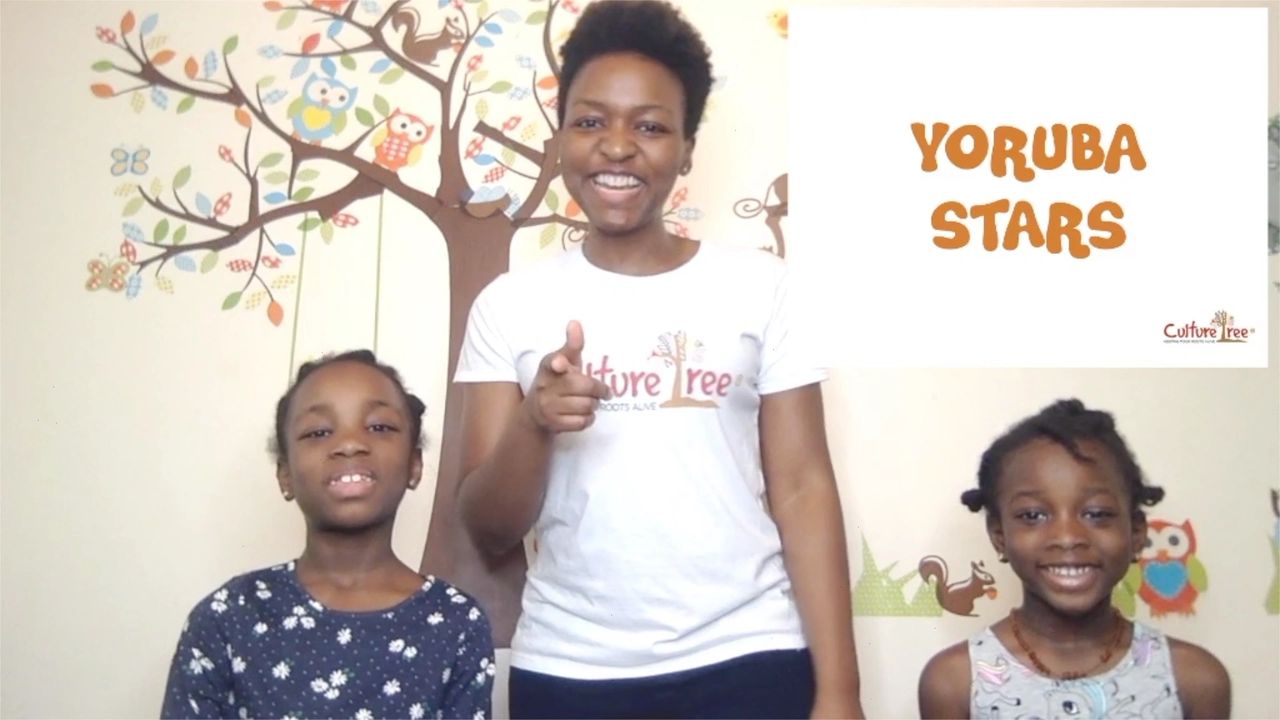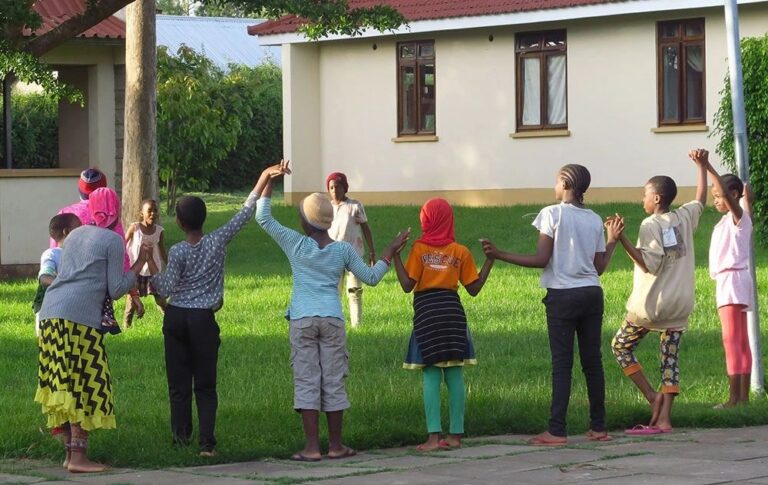My top 5 tips for teaching your children Yoruba

My daughters are 3 and 1 years old. As a Mum living in London, it hasn’t been easy trying to raise them to be fluent in Yoruba because of the lack of educational materials and constant exposure, but I can offer some tips that has been helpful for me.
1. Just speak it! – My first tip is just that. Speak Yoruba to them. I started off quite well when my first daughter was still a baby but I think I started slacking when I went back to work and she started talking. She was with her Nanny who only spoke English to her all day and so she also spoke to me in English. I in turn automatically responded to her in English. One day I asked her to tell me her age in Yoruba and she had forgotten how to say it. That’s when I realised I had to go back to the drawing board. Since then I’ve made a conscious effort to speak Yoruba to her all the time.
For some it may not come naturally because you’re probably more used to speaking English but the more you speak it the more natural it becomes.
If you don’t speak Yoruba but want your children to speak it then I would encourage you to ask your partner to speak only Yoruba to them and also follow my Tip No 4.
2. Singing – Children absolutely love music and my girls are no exception. We have regular spontaneous and planned singing sessions. Spontaneous in the sense that we can make up songs whilst walking to and from school, on the bus or in the car. Anything could be the subject of our songs. It could be a car passing which prompts ‘Ta lo wa ninu ọkọ yen – Who is in that car’ or we see an aeroplane up in the sky and start singing our favourite song ‘Eropileni o daabo – Goodbye aeroplane’.
In our car, we have Afrobeats mix CDs that we always listen to, the evergreen Ebenezer Obey CD that sadly is now scratched but I still love listening to, and many other Yoruba songs that we like.
We also have planned sessions at home when we sing and dance along to our CultureTree Yoruba nursery rhymes and folk songs.
3. Bedtime Stories – I don’t read to them every night but I do try to read a Yoruba story to them at least twice a week. I bought a collection of books from Amazon that have been translated to Yoruba. I also tell them stories from memory like the Ijapa (Tortoise) folktales. Our story times are quite interactive, I ask my 3 year old questions and encourage her to reply in Yoruba, for example, after reading Adiye Handa – Handa’s Hen, I’ll ask her ‘Kini oruko Adiye Handa? – What’s the name of Handa’s Hen’; ‘Kini oruko ọrẹ re – What’s Handa’s friend’s name’ etc. It’s just a way to create dialogue and encourage her to be confident in speaking Yoruba. Make sure you choose books that you also like because you will have to read it every other night.
4. Nanny/childminder/grandparents – If your child is not yet at school or still goes to a care-giver such as a Nanny or childminder, I would encourage choosing someone who is fluent in Yoruba and can speak it to them. I have a friend who swears by this. She is even surprised at how advanced her child’s vocabulary is in Yoruba. Also, ask their grandparents who speak Yoruba to speak to them ONLY in Yoruba. This not only builds a strong bond but also means they have no alternative but to speak it if they want to communicate with their grandparents.
5. Be patient – it can be frustrating at times when it seems you’re doing all the talking or your child asks you for the umpteenth time how to say ‘I want’. Try to continue making the learning process fun and positive. Don’t make it an assignment or a task they have to complete. Relax and enjoy speaking to your child in Yoruba.
I hope you find these tips helpful. Please do share if you have any tips of your own. What steps have you taken in teaching your child/ren Yoruba? I’d love to hear from you.
Next week, I’ll be sharing tips on what to do when your child won’t speak Yoruba but responds only in English.







